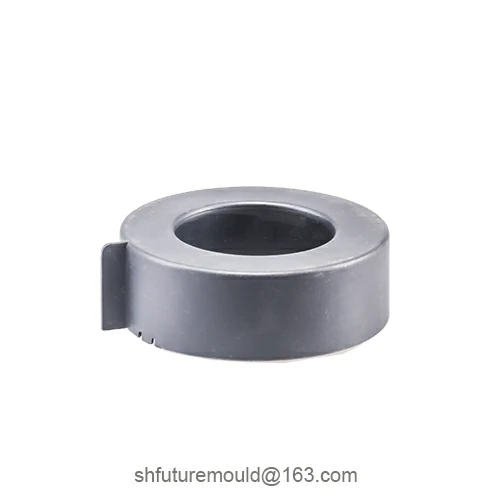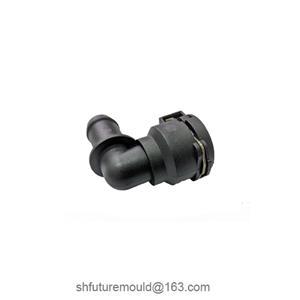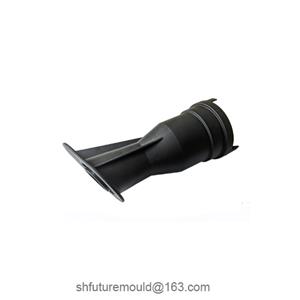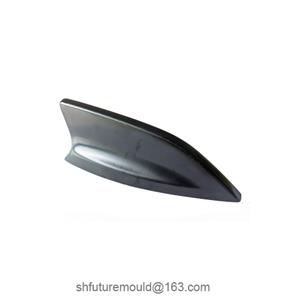Causes of Residual Stress in Injection Molded Products
Residual stress in injection molded products is an inevitable phenomenon that significantly impacts product performance and service life.
The primary causes of residual stress in injection molded products include:
1. Non-uniform Cooling
Uneven Mold Temperature Distribution: Variations in temperature across different mold sections result in different cooling rates for various regions of the product, leading to uneven shrinkage and the formation of residual stress.
Uneven Wall Thickness: Slower cooling in thicker sections and faster cooling in thinner sections cause uneven shrinkage and residual stress.
2. Flow-Induced Stress
Non-uniform Melt Flow: Flow resistance, gate location, and cavity shape cause variations in melt flow velocity and shear rate, resulting in orientation stress.
Changes in Melt Viscosity: Changes in melt temperature and shear rate alter viscosity, affecting flow characteristics and inducing residual stress.
3. Phase Transition Effects
Crystallization: Volume shrinkage during crystallization can lead to residual stress if the crystallization rate is uneven.
Glass Transition: Below the glass transition temperature, molecular motion is restricted, causing uneven shrinkage and residual stress.
4. Mold Design Factors
Gate Location and Number: The location and number of gates directly influence the melt flow path and filling pattern, affecting the distribution of residual stress.
Cooling Channel Design: Improper cooling channel design can lead to uneven mold temperature distribution, impacting the product cooling.
Demolding: Excessive or insufficient demolding force can cause product deformation and increase residual stress.
5. Material Properties
Coefficient of Thermal Expansion: Differences in the coefficient of thermal expansion among materials result in varying shrinkage rates and residual stress.
Crystallinity: Materials with higher crystallinity exhibit greater shrinkage and are more prone to residual stress.
Consequences of Residual Stress
Deformation: Products may warp or deform, affecting appearance and dimensional accuracy.
Cracking: Excessive stress can lead to cracks, reducing product lifespan.
Impaired Mechanical Properties: Residual stress can decrease the strength, toughness, and other mechanical properties of the product.
- Injection Mold
- Automotive Injection Mold
- Electronics & Electrical Injection Mold
- Consumer Goods Injection Mold
- Airplane Components Injection Mold
- Medical Components Injection Mold
- Irrigation Components Injection Mold
- Injection Molds




